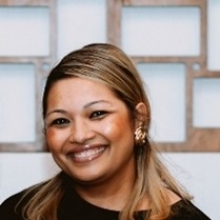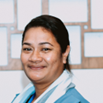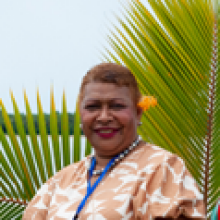Knowledge for Impact
The Pacific Health Systems Flagship Course is part of the new World Bank Group Academy, a strategic learning platform to empower government officials and private sector leaders to deliver transformative development solutions. The academy operates across a range of thematic areas including sustainable management of natural resources, fostering economic growth, harnessing digital technologies, and building human capital through investments in education, social protection, gender equality, and health.
The Pacific course focused on strengthening health systems by equipping policymakers with a valuable set of tools to encourage integrated approaches, promote multi-perspective thinking, and reinforce evidence-based analysis and decision-making.
Around 50 policymakers from Fiji, Kiribati, Papua New Guinea, Marshall Islands, Samoa, Solomon Islands, Tonga, and Tuvalu spent a week exploring common challenges and mapping out solutions. Health ministers from five countries, and senior leadership from Australia, the World Bank, and the WHO participated in an executive session, which focused on policy reforms in a context of limited resources and competing priorities post COVID-19. Recognizing the need for cross sectoral collaboration, the course enabled health ministers and policy makers to strategize and plan alongside colleagues from ministries of planning, treasury, and finance.
“This is the first time that officials from the Ministry of Finance and the Ministry of Health have come together,” said Pauline McNeil, Permanent Secretary for Health in Solomon Islands. “It's good that we are here together so that we can see where we need to make improvements and how we can better the relationship and the partnership that we have.”






